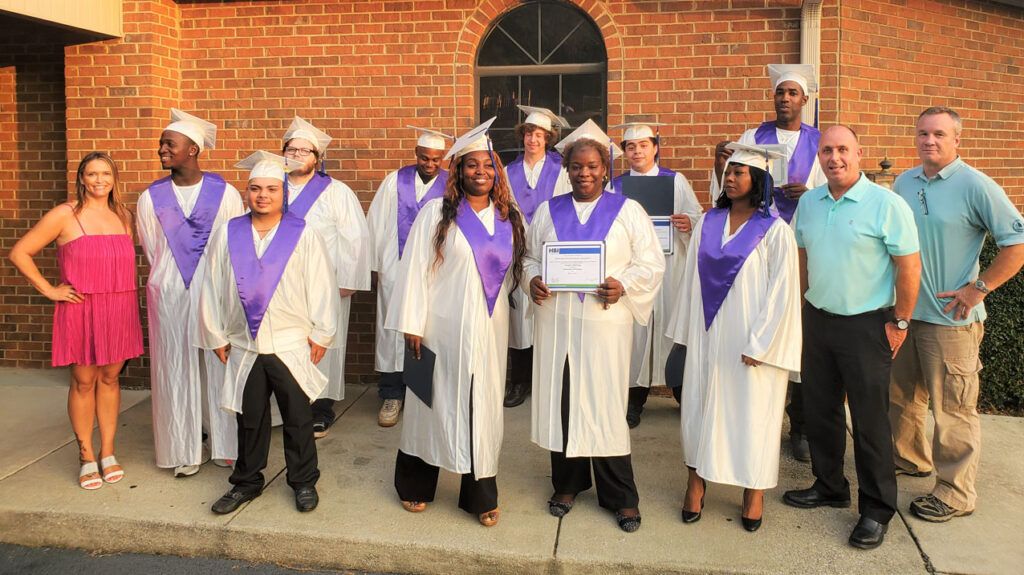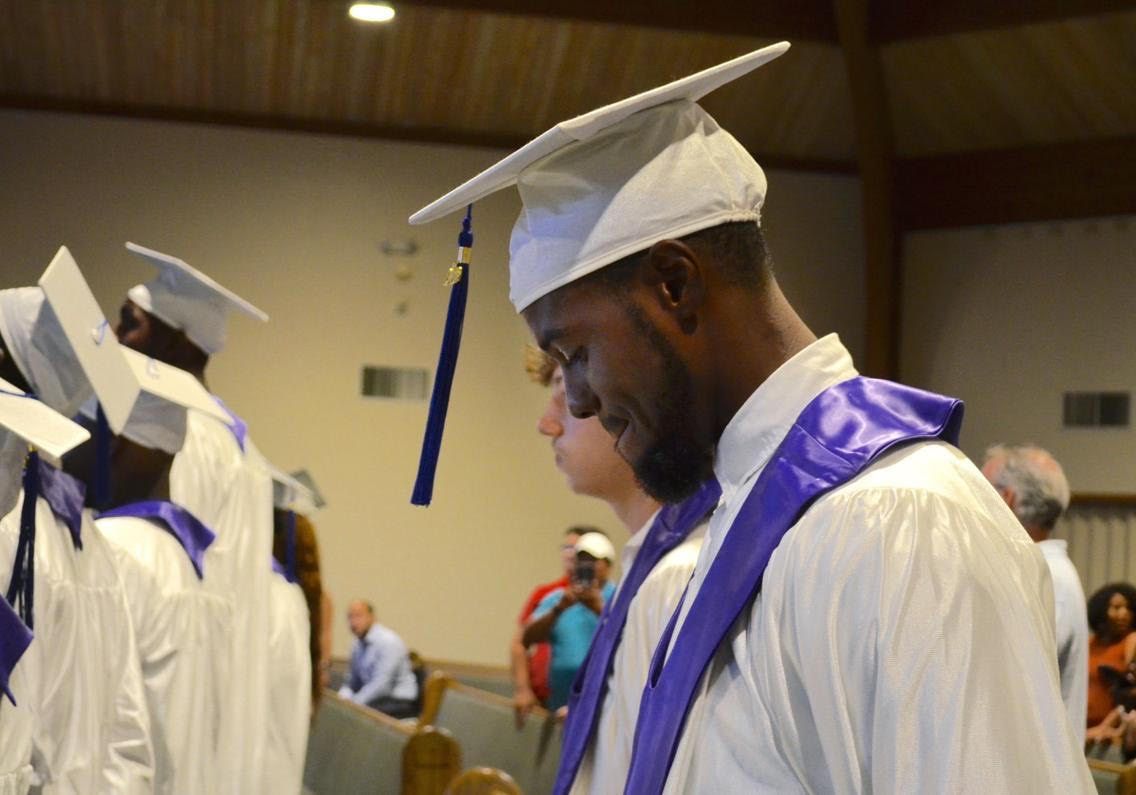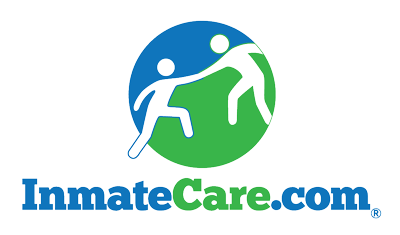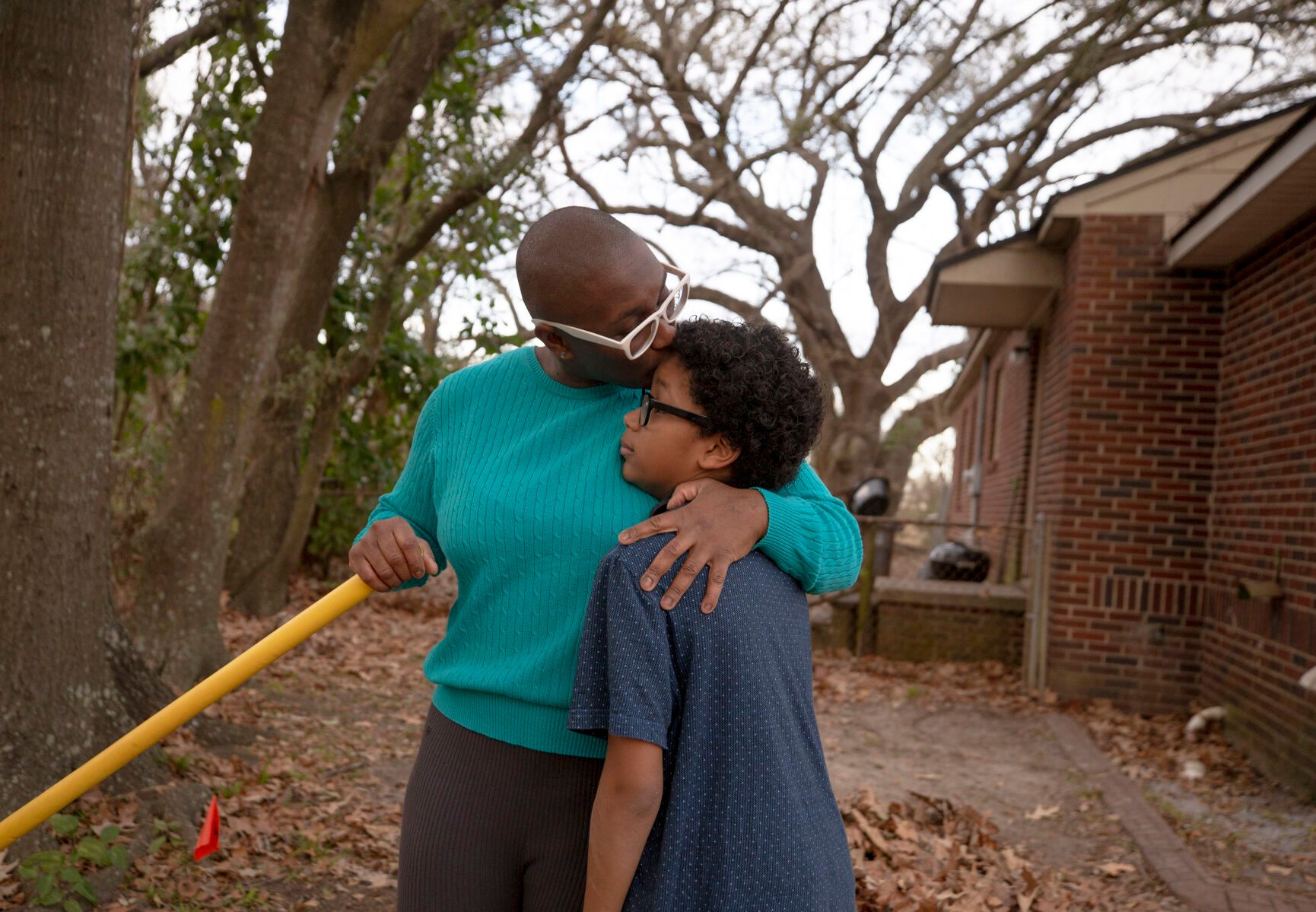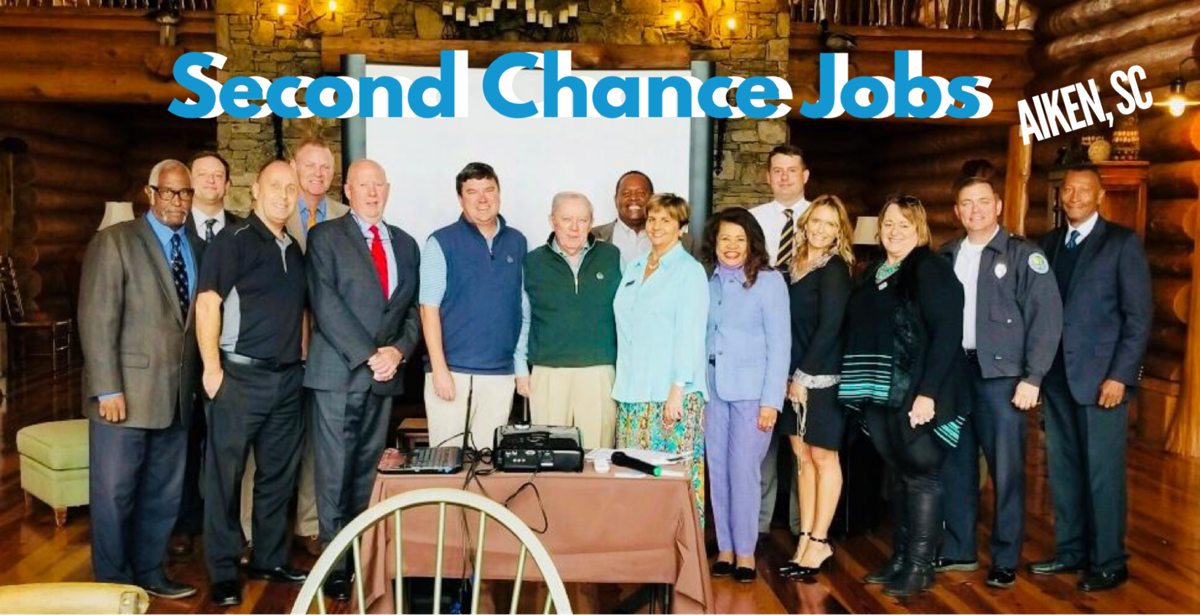‘Divine intervention’: Nonprofit gives local workers a second chance
Colin Slaven and Debbie Reese brought Second Chance Jobs, a nonprofit that trains employees for trade industry careers, to Aiken about six months ago.
“Trade jobs are an excellent source of income,” said Reese, who serves as the nonprofit’s Executive Director. “They’re in high demand, they’re over 70 percent understaffed, so it’s an excellent program.”
Today, Second Chance Jobs has expanded from its home base in Charleston throughout South Carolina and into other states. They partner with many businesses at the local level to get people searching for viable careers certified and placed in trade jobs like construction, welding, and carpentry.
Second Chance Jobs has been involved significantly since its inception in a detention center in Europe, where Colin Slaven, the Executive Director of Second Chance Job Center, wrote the business plan from inside a cell.
“I’m an ex-offender myself,” Slaven said. “I wrote this business plan when I was incarcerated for 18 months … 18 months seems like a long time, but some of these guys have been down for 10-20 years.” During his time as an inmate, Slaven witnessed a disturbing cycle of recidivism, in which some inmates who committed a nonviolent crime were unable to find legitimate work due to their criminal record, and resorted to illegal activities to pay their bills and support their families.
“Upon re-entry, the biggest problem for them is having ‘ex-offender’ on the record,” Reese said. “Having that means it’s going to be very, very hard for them to find employment.”
Slaven wanted to provide an opportunity for those inmates to leave criminal activities behind by providing them with viable jobs in the trade industry. “They’re all hurting in the industry,” Slaven said ”…What’s happening is they’re going to the employment agencies and they can’t find the skilled workers, because they’re nonexistent.”
By getting nonviolent ex-offenders certified in the trade industry, Slaven realized he could help fill a gap in the workforce while keeping incarceration and crime rates down. The program was called Inmate Care.
The program evolved into Second Chance Jobs when Slaven and Reese realized it could benefit far more than just ex-offenders. “The shops, the things where they would build and do carpentry, they’re out of the schools now,” Reese said. “...It’s a mentality drilled into kids that they go to college and get a four year degree, and when some get out, they can’t find a career in their field, and they’re sitting on $100,000 of student debt.”
Reese said many of those students could complete an apprenticeship in a trade job debt-free. “In the time their friends have gone into college and spent at least $100,000 for four years, they have made well over that, can probably buy a house, have a car, and are just going to go up,” Reese said.
Other people who benefit from the Second Chance Jobs programs are veterans, people who want out of the food and beverage industry, stay-at-home mothers, and others who have gone through life changes like divorce or layoffs. The program has become so expansive that ex-offenders only make up 10 percent of the group’s workforce. In Aiken, Second Chance Jobs has started partnerships with several local businesses like Mr. Central Heating and Air Conditioning and Absolute Green Insulation.
“What’s even more exciting about Aiken as a city...when I say divine intervention, when I say the support and synergy is unheard of, (it is),” Slaven said.
Slaven also said Second Chance Jobs is the first “entity” in the United States that has been approved to manage, operate, and facilitate apprenticeships for local businesses. Many community leaders and businesses came together quickly to launch Second Chance Jobs in Aiken.
Aiken city councilwoman Lessie Price said the program will help get people “income-sufficient” and off subsidies, while spreading wealth and support to their local communities.
“It does provide an opportunity for lots of individuals, and this is also an opportunity for them to earn a living wage, not minimum wage,” Price said. “So that stops the whole pattern of folks having to work two and three jobs and have no time for themselves...often times people need a fresh start, and this is an opportunity for someone to get fresh start. Not just a job, but a career.”
Second Chance Jobs gives applicants a 16-week apprenticeship called the Pact Program that is certified by the Department of Labor. During that time, applicants receive cognitive and skills training with the nonprofit and hands-on training with local trade businesses.
Once they complete the program, they can chose to complete more advanced apprenticeships which, like a degree, will allow them to earn more money, or the nonprofit will help place them in jobs with their business partners.
To learn more about Second Chance Jobs, visit secondchancejobs.org.
